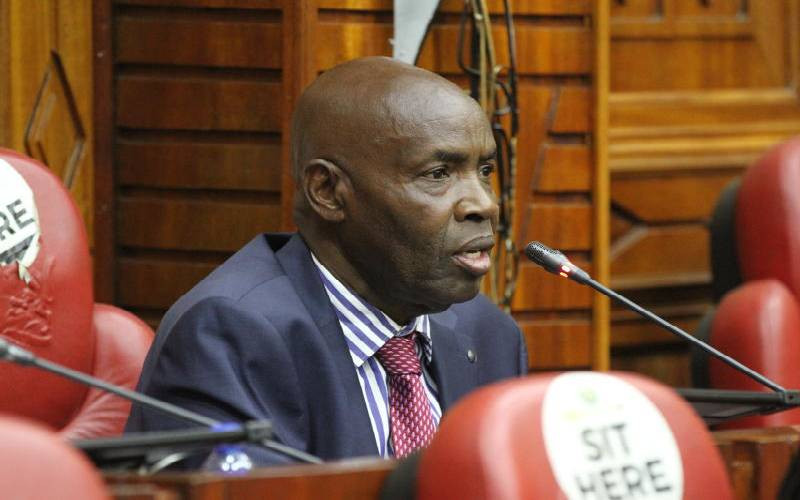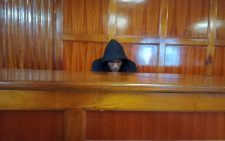Education CS must sustain war on exam cheats

It’s the maddening season again. The national exams are here. In under two weeks, at least 3.5 million candidates will be sitting three nationals exams, supervised by at least 250,000 teachers.
The first of these examinations is the Kenya Primary School Education Assessment (KPSEA) for Grade 6 learners in transition to junior secondary under the Competency Based Curriculum (CBC). The other two are the Kenya Certificate of Primary Education (KCPE) for transition to secondary school and Kenya Certificate of Secondary Education (KCSE) for transition to university both under the 8-4-4- system that is now being phased out.
One of the biggest challenges that has plagued Kenyan examinations is cheating. Fraudsters will go to extraordinary lengths to cheat during exams. Cheating had got so bad in Kenyan exams that the entire credibility of the country’s education system was in jeopardy. Newly appointed Education cabinet secretary, Ezekiel Machogu, has sworn that he will make sure there is no cheating. This is easier said than done.
Machogu has been thrown into the deep end, and must very quickly overcome a steep learning curve. He is expected to deliver credible exams barely a month after taking office. The task is bigger than his predecessor faced, because this time, the numbers are much larger and three national exams being held at the same time is unprecedented.
Exam theft cartels do not respond to threats. They have heard it all before. Machogu’s predecessor, Prof George Magoha, had adopted a scorched earth policy when it came to exam cheating, but was still unable to completely wipe it out. Despite years of hard work, the exam results for 441 students were cancelled in the 2021 exams due to cheating.
So Machogu needs to pay attention — the cartels do not give up.
Prof Magoha has done a lot of work during his stints both at Kenya National Examinations Council (KNEC) and Education ministry to curb cheating. What was clear from his style was that a scorched earth policy is a must in tackling exam cheating. Machogu better take heed. Machogu faces an additional challenge of transition. Having to deliver three national exams while still settling into office is not a walk in the park. The cartels will, without doubt, test his resolve. He must stand firm.
The Chief cabinet minister, Musalia Mudavadi, is strangely, missing in action as Machogu rallies the troops. The delivery of exams is an all-government affair, a system set in place by Prof Magoha which seemed to have served him very well.
Mudavadi is the person charged with inter-ministerial co-ordination of cross-functional initiatives and programmes. He is, however, conspicuous by his absence. He should by now have convened the multi-agency team that will deliver the examinations for the Government. It’s concerning that he is yet to step up to his new role at such a critical time.
Machogu is lucky in many ways in that he is coming in at the tail end of the two-year crash programme which saw national exams organised at least two times annually over the last two years. The country reverts to the normal school term next year, which means that Machogu will now have a whole year to prepare himself to deliver an exam that is free of cheating.
For Machogu, this is a personal test. How he delivers this exam will be a big test of whether he is capable of fitting in the big shoes left by his predecessor.
For the administration of President William Ruto, this is the first real test of its leadership credentials. If it pulls this off seamlessly, the confidence it will gain in its own capability and by Kenyans in its capacity will be a big fillip as it rolls out its other programmes.
Failure will send a very negative message, and will raise the noise by derisive detractors tenfold about its readiness and capacity to govern. Machogu cannot afford failure.
— gathukara@gmail.com












